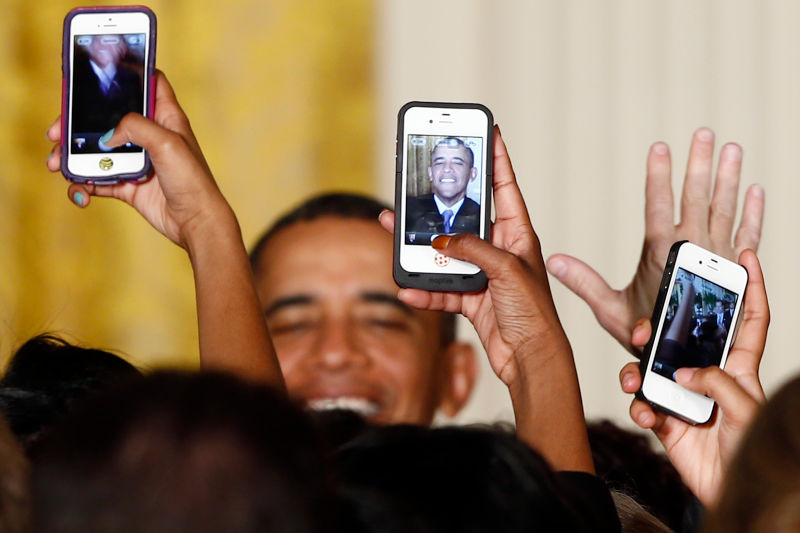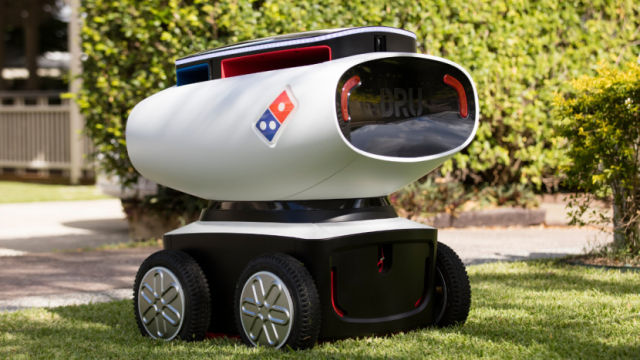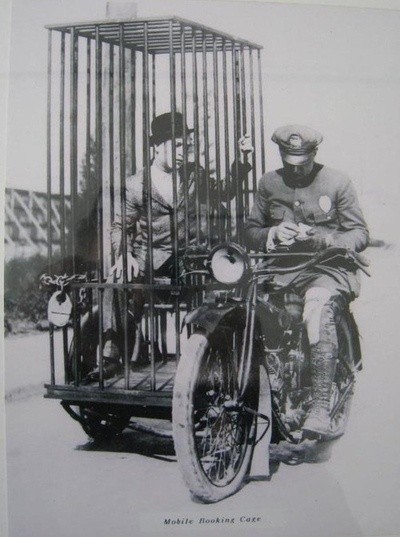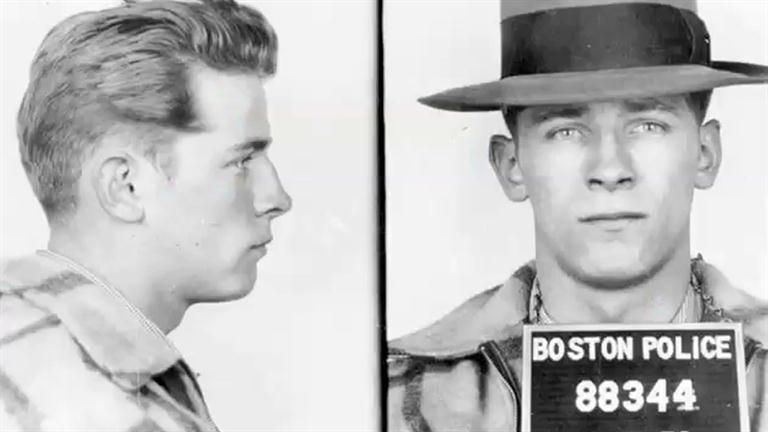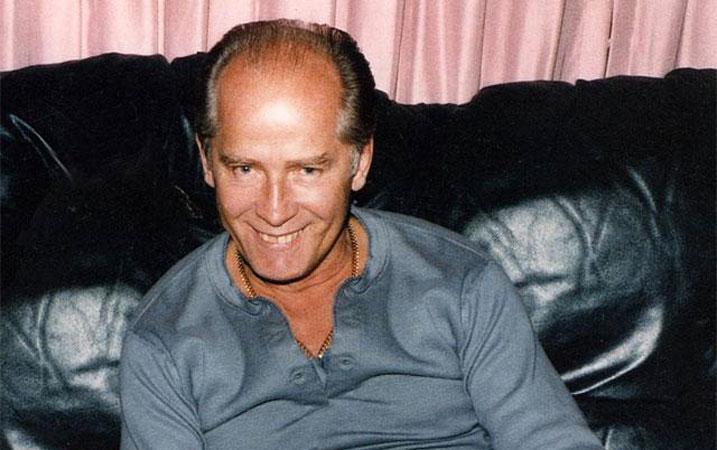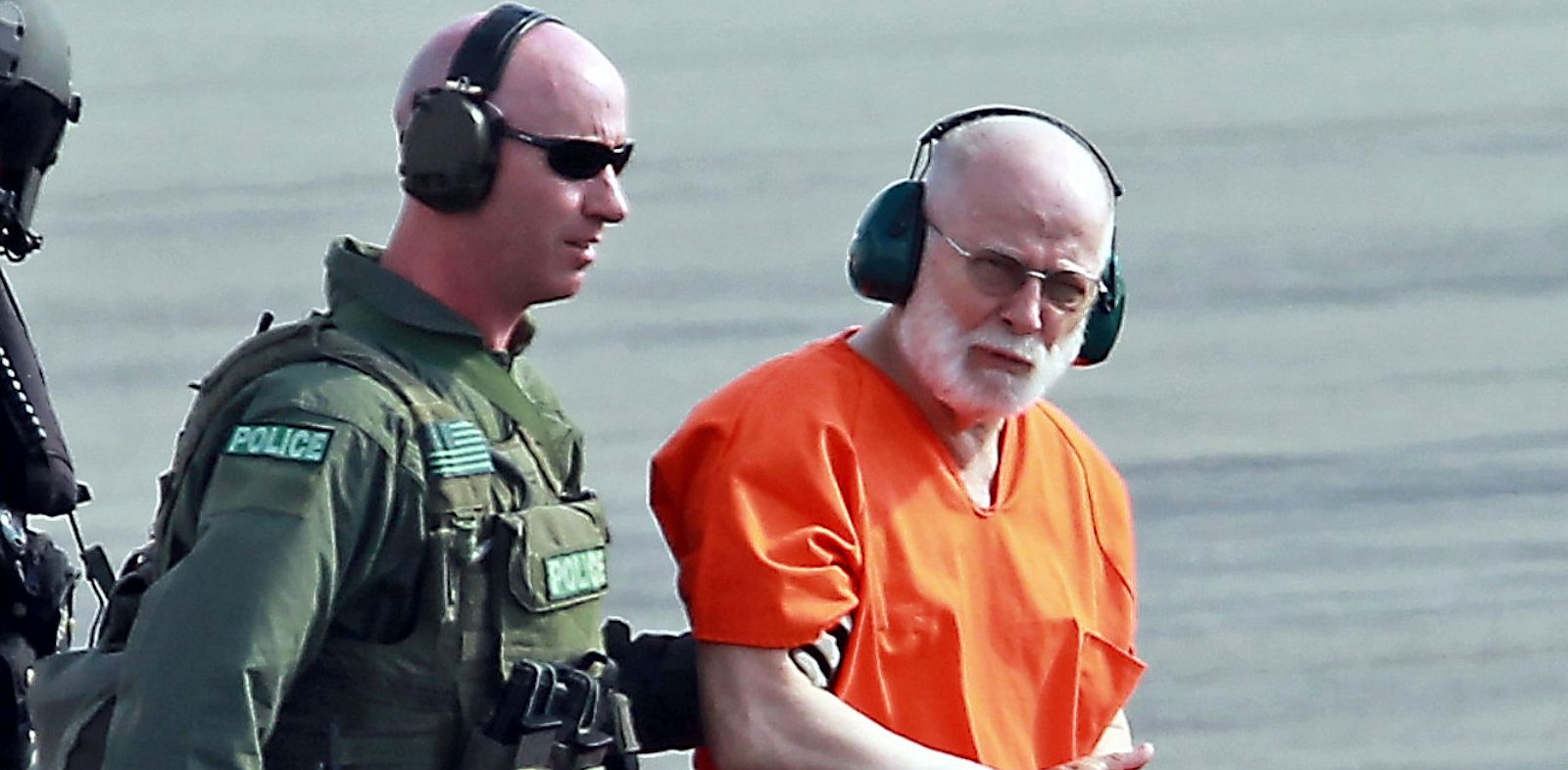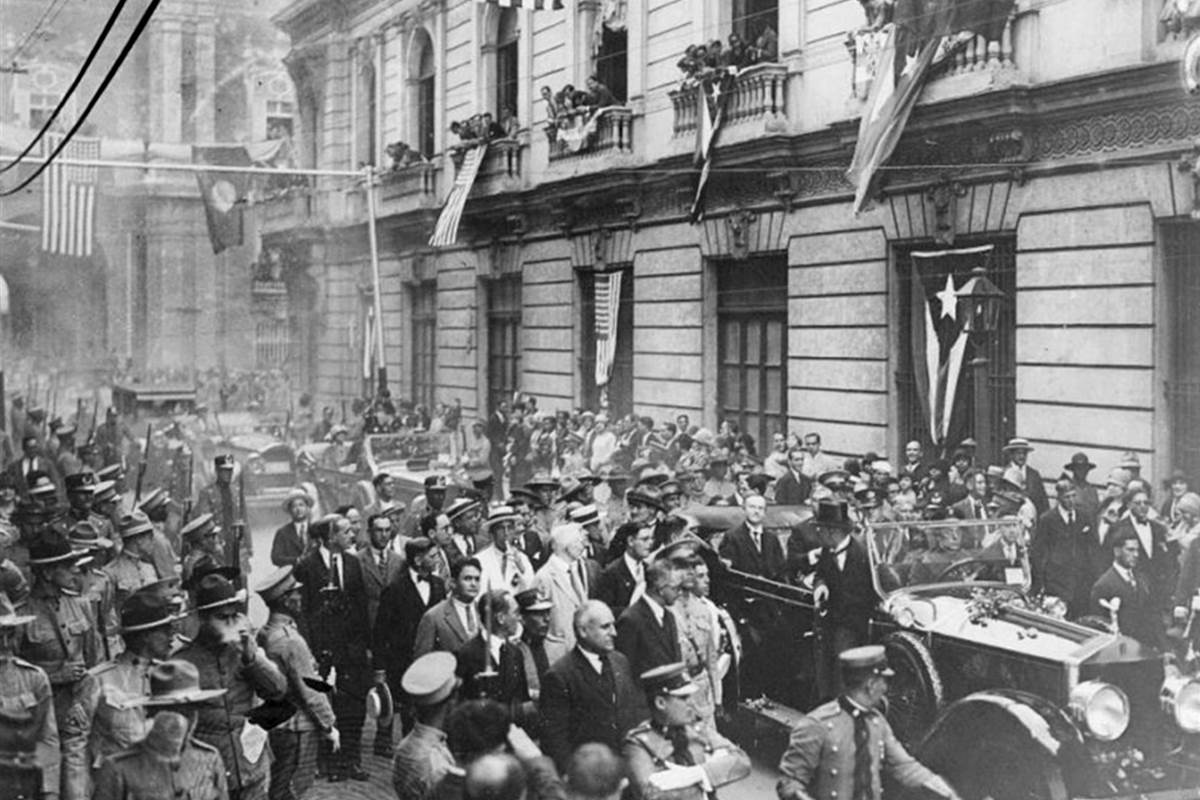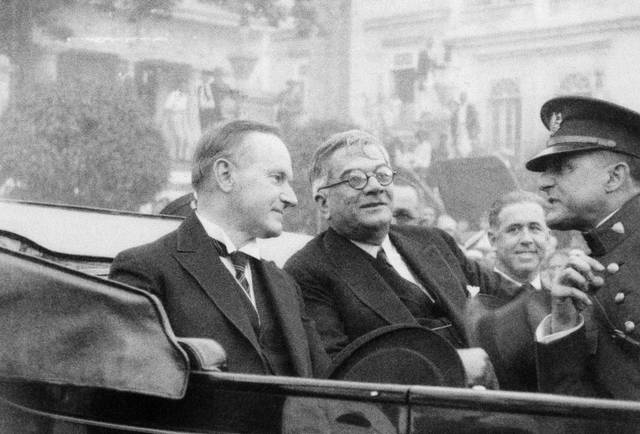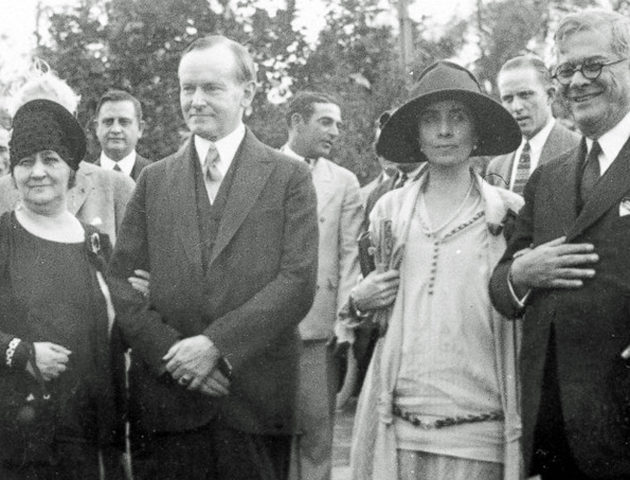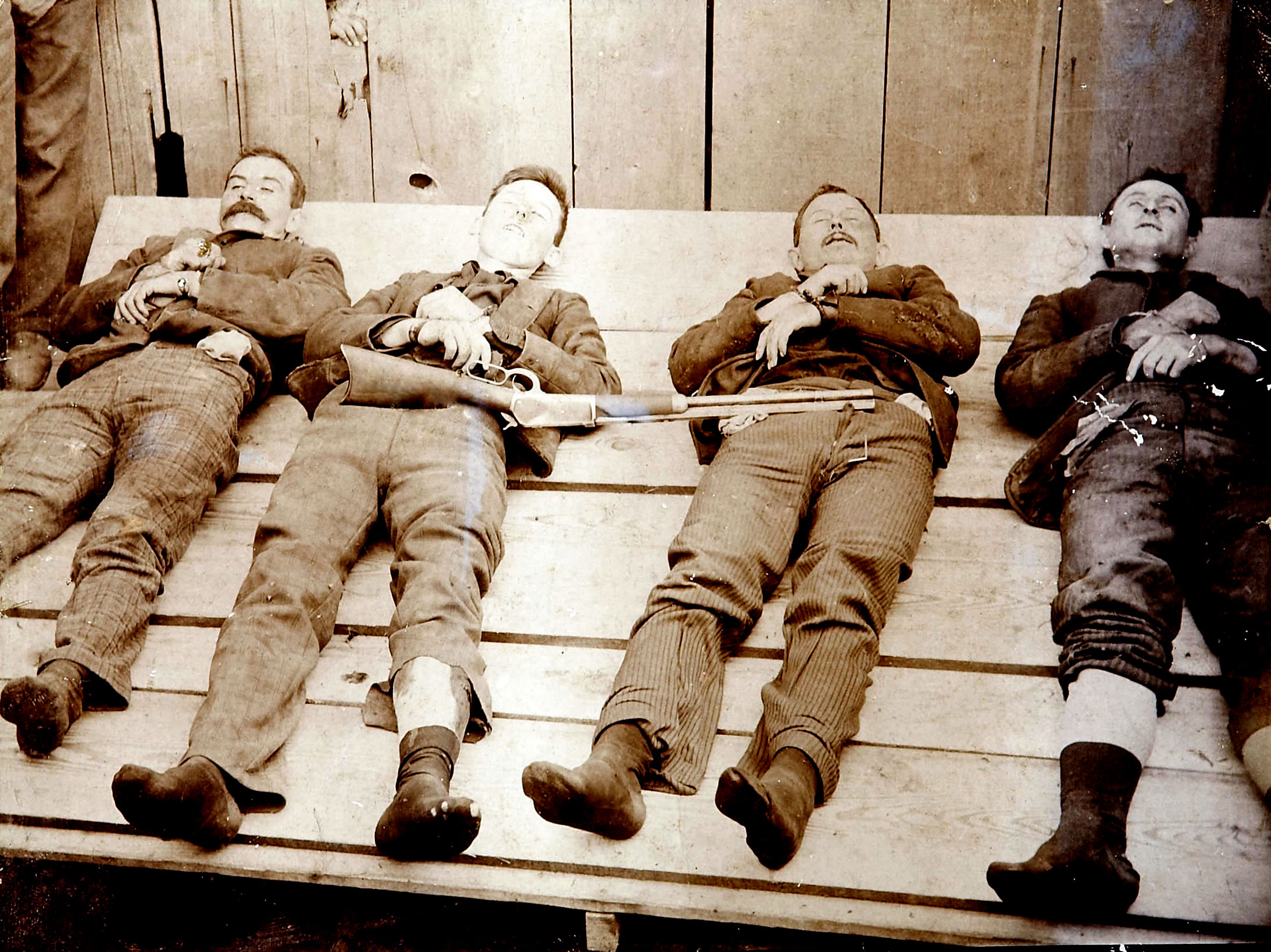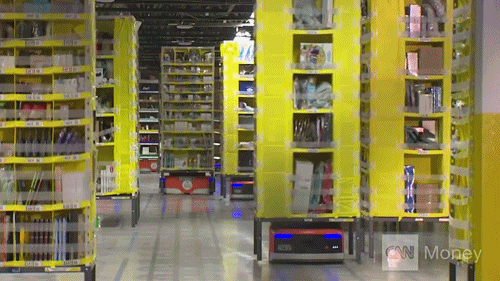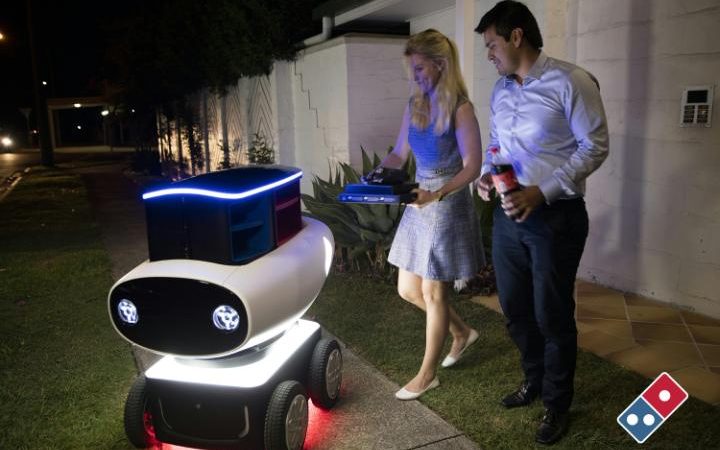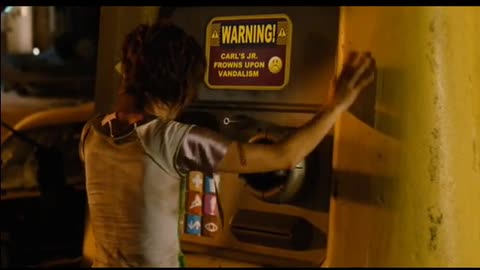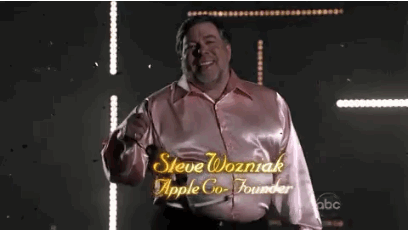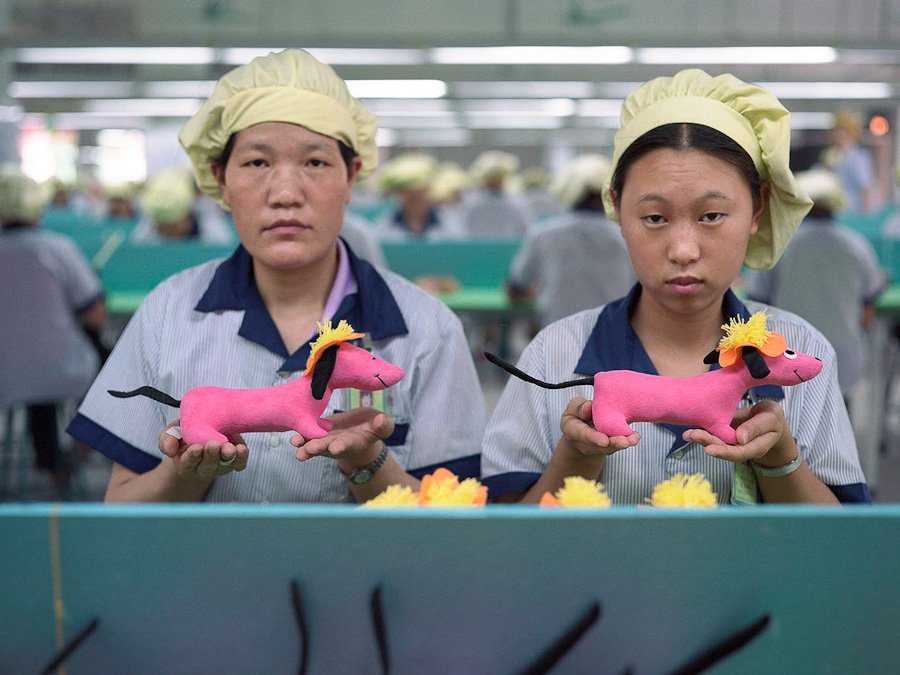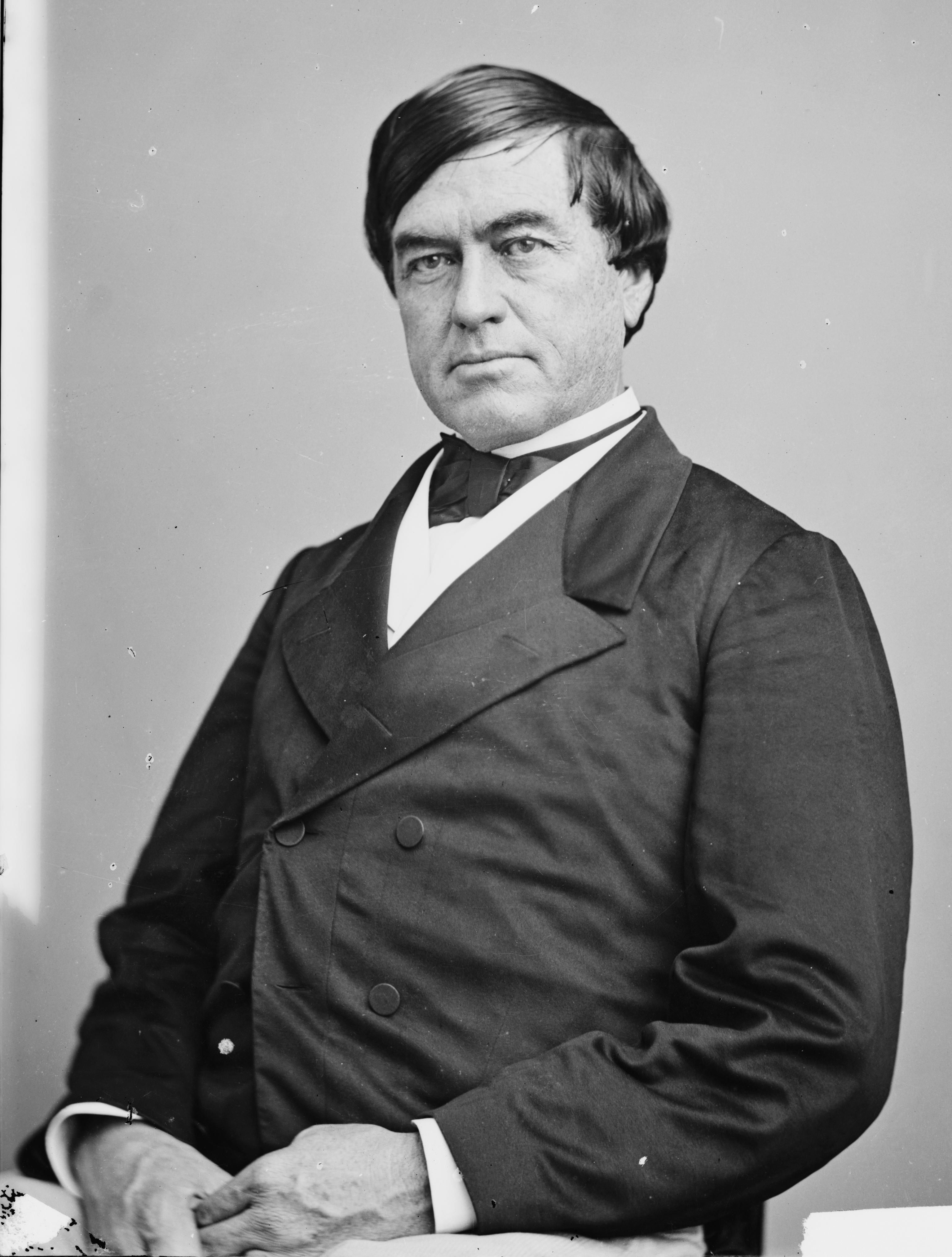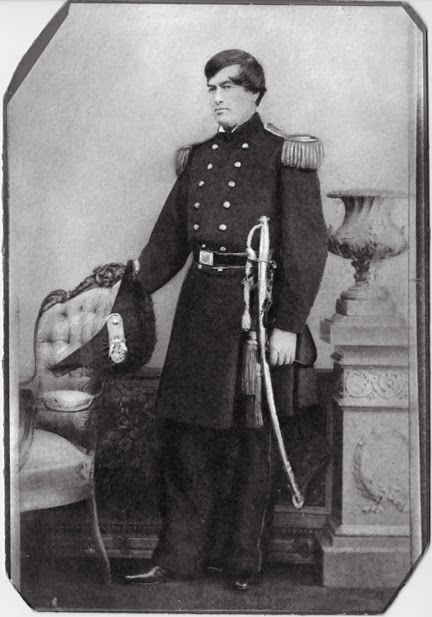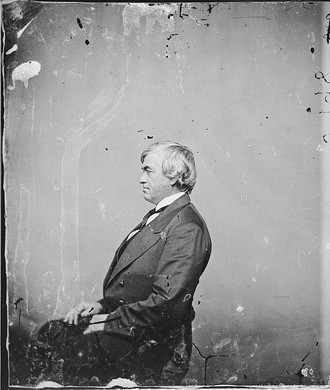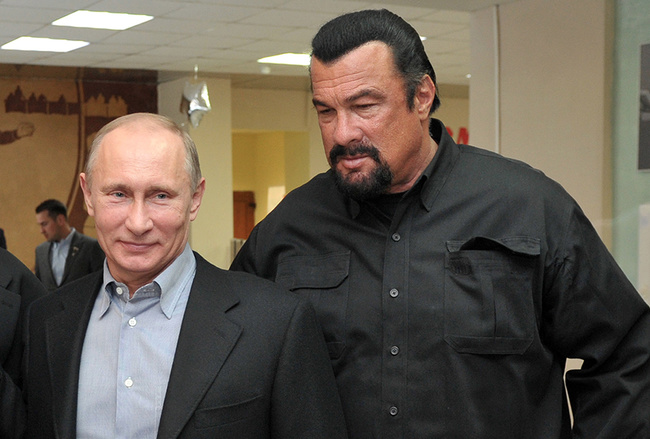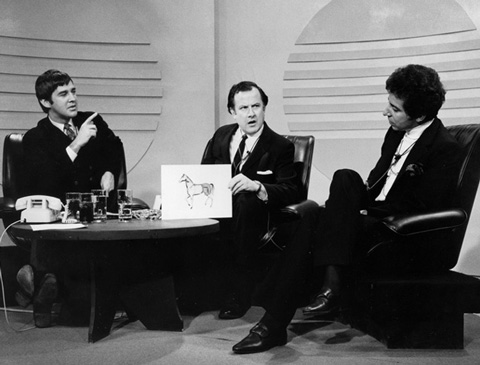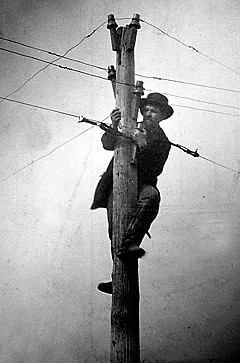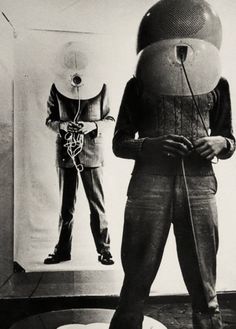__________________________
Question:
What is Tim Cook doing right/wrong, in your opinion?
Steve Wozniak:
Tim Cook is acknowledging the employees of Apple and the customers of Apple as real people. He is continuing a strong tradition that Steve Jobs was known for of making good products that help people do things they want to do in their life, and not taking the company into roads of, “Oh, we’ll make all our money like by knowing you and advertising to you.” We’ll make good products. And you know, I started out as a hardware product guy, so I’m glad to see that.
I worry a little bit about – I mean I love my Apple Watch, but – it’s taken us into a jewelry market where you’re going to buy a watch between $500 or $1100 based on how important you think you are as a person. The only difference is the band in all those watches. Twenty watches from $500 to $1100. The band’s the only difference? Well this isn’t the company that Apple was originally, or the company that really changed the world a lot. So it might be moving, but you’ve got to follow, you know. You’ve got to follow the paths of where the markets are.
Everything else, I’m very approving of Tim Cook, because every time we have a new iOS update, I’m very happy that it’s doing things that really affect people. Like transferring calls from my phone to my computer, etc. I really love even the Airplay, and all that. So, I love the software, and I love the hardware, and nothing’s letting me down. So I approve very strongly of Tim Cook and the new Apple. I dearly miss Steve Jobs too, but, that’s all.
__________________________
Question:
What are your thoughts on the FBI/DOJ vs Apple ordeal at the moment?
Steve Wozniak:
All through my time with personal computers from the start, I developed an attitude that things like movement towards newer, better technologies – like the Macintosh computer, like the touchscreen of the iPhone – that these were making the human more important than the technology. We did not have to modify our ways of living. So the human became very important to me. And how do you represent what humanity is?
You know what, I have things in my head, some very special people in my life that I don’t talk about, that mean so much to me from the past. Those little things that I keep in my head are my little secrets. It’s a part of my important world, my whole essence of my being. I also believe in honesty. If you tell somebody, “I am not snooping on you,” or, “I am giving you some level of privacy; I will not look in your drawers,” then you should keep your word and be honest. And I always try to avoid being a snoop myself, and it’s rare in time that we can look back and say, “How should humans be treated?” Not, “How can the police run everything?”
I was brought up in a time when communist Russia under Stalin was thought to be, everybody is spied on, everybody is looked into, every little thing can get you secretly thrown into prison. And, no. We had our Bill of Rights. And it’s just dear to me. The Bill of Rights says some bad people won’t do certain bad things because we’re protecting humans to live as humans.
So, I come from the side of personal liberties. But there are also other problems. Twice in my life I wrote things that could have been viruses. I threw away every bit of source code. I just got a chill inside. These are dangerous, dangerous things, and if some code gets written in an Apple product that lets people in, bad people are going to find their way to it, very likely.
__________________________
Question:
What is your opinion on how immersive our technology is becoming? We use computers in some form, almost constantly. Do you ever feel in your own life you that it becomes overwhelming?
Steve Wozniak:
I have that feeling all the time because I like a nice, quiet, simple life. I grew up shy. I’m more into products than I’m into socializing. And I do not carry around my phone answering every text message instantly. I am not one of those people.
I wait until I’m alone in my places and get on my computer and do things where I think I’m more efficient. I really see a lot of people that are dragged into it, but you know, I don’t criticize them. When you have change, it’s not that the change in how people are behaving different to you is bad or good, it’s just different.
So that’s sort of the modern way, and you know the millennials, every generation wants to criticize the next generation for missing out on things like personal human contact, but I’ll tell you a little story. When we started Apple, Steve Jobs and I talked about how we wanted to make blind people as equal and capable as sighted people, and you’d have to say we succeeded when you look at all the people walking down the sidewalk looking down at something in their hands and totally oblivious to everything around them!
__________________________
Question:
What is your favorite up and coming gadget? Anything people don’t know about yet?
Steve Wozniak:
Well, I would think probably one of them is certainly the Oculus Rift, or any of the VR headsets. I love putting mine on and watching a basketball game live; it was just an experience that you can’t believe. Sometimes I come out of a VR world, take off the helmet, and I can’t believe I’m actually sitting in my office, at a desk at home. So, that’s one of the big ones.
Right now, Amazon Echo; it’s getting so popular among the people that use it and they speak so highly of it, and it’s so inexpensive. I see a lot of developers that went into smartphones jumping onto that. It’s a platform, and when you have a platform that everybody else is writing apps for and connecting to, basically they’re advertising your company as much as you are.
Obviously, I’m very interested in the evolution of self-driving cars. Right now, the assist that they give you for keeping in your lane and cruise control…the cruise control started back in 2004 actually, adjusting your distance. I love driving my Tesla so much, I just smile! I sit there in the driver’s seat, and I kinda look over at my wife, and I just smile. I’m so happy, not using my hands or feet. So, I think the progression towards self-driving cars is going to be a good one. But it falls into that category of AI.
Now, the AI that impresses me, I fell in love 10 years ago – well not 10 years ago, but whenever it started; Siri was an app you could buy for the iPhone, and I bought it. And for one year, Apple didn’t have it. I just spoke of it as the app that changed my life, because I get to live as a human, saying things out of my head the way I would to another human, and a machine understands me. And I have wanted that to be the future for…forever.
Actually, ever since our Newton message pad, where I could type in, “Sara, dentist, Tuesday, 2 PM,” and click the assist button, and it would open up the calendar; Tuesday at 2 PM, it would put the word dentist, and it would grab Sara out of my contact list. I hand wrote with my own muscles a message for myself, for a human, and a machine understood me. So, I want that to get better and better; machines understanding what we mean, so that we can eventually communicate with them as our best, most trusted friends that know our own hearts and souls better than other humans.•
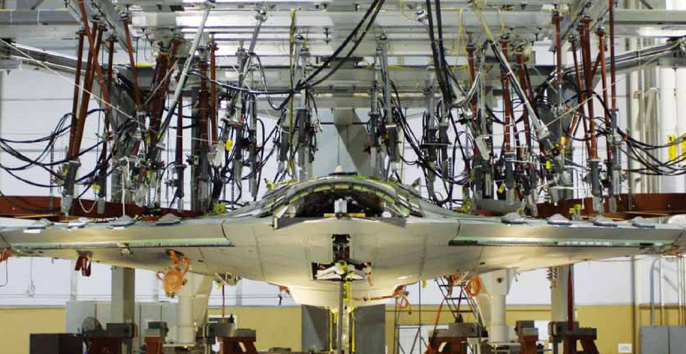 It would seem Alphabet decided to sell robotics maker and Youtube sensation Boston Dynamics because of that outfit’s dedication to humanoid machines. It’s probably not just a matter of economics. While the company’s grown more circumspect about expenses since its restructuring, it retains plenty of businesses unlikely to pay off immediately–or ever. No, the other reason is probably because AlphaDog and Petman and their progenies will be best suited to military operations and the Google guys have vowed to not become part of that industrial complex.
It would seem Alphabet decided to sell robotics maker and Youtube sensation Boston Dynamics because of that outfit’s dedication to humanoid machines. It’s probably not just a matter of economics. While the company’s grown more circumspect about expenses since its restructuring, it retains plenty of businesses unlikely to pay off immediately–or ever. No, the other reason is probably because AlphaDog and Petman and their progenies will be best suited to military operations and the Google guys have vowed to not become part of that industrial complex.


